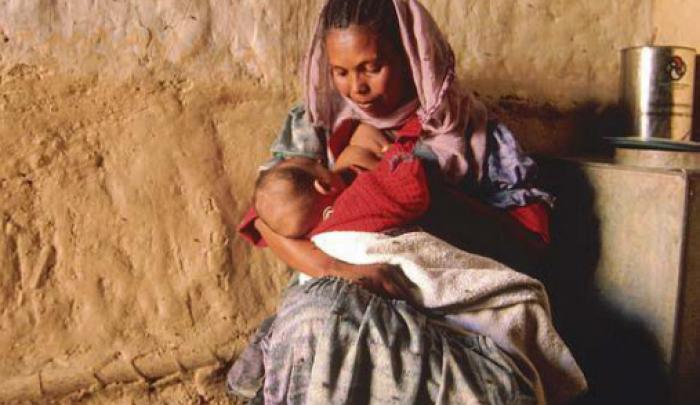World Vision response to Lancet series on nutrition
Media Contact :
September 11, 2013
Senior Director, Public Engagement
[email protected]
m 202-436-1266
p 202-572-6595
Media Contact :
September 11, 2013
Senior Director, Public Engagement
[email protected]
m 202-436-1266
p 202-572-6595

Seattle, WA (June 7, 2013) — The 2013 Lancet series on nutrition, launched at a number of events beginning in London on June 6:
World Vision’s response
The new Lancet series confirms what we know from our years of working on this issue – that tackling undernutrition is both the most important long-term problem facing children, and that doing so isn’t complicated. It means making it a priority at every level. It means ensuring the success of any and all poverty-alleviation programs is measured by their impact on children’s nourishment.
The reduced number of interventions found by the Lancet to be key to reducing the havoc caused by undernutrition is particularly welcome. The Lancet interventions are widely seen as the gold standard in tackling undernutrition, and the reduced number reflects our increasing knowledge and understanding of just how linked undernutrition is with a child’s chances at surviving – and thriving.
Undernutrition costs lives, and it ruins lives. It kills more than two million children every year, but it stunts and weakens millions more.
The Lancet series contributes to our increasing understanding of what works in tackling undernutrition. It is ultimately up to governments to ensure that conditions are right to ensure they reach children. And in countries affected by conflict and fragility, where undernutrition and its effects are worse, as World Vision’s recent report found, governments need to do even more to ensure the most vulnerable children are not left behind.
World Vision’s programs that tackle nutrition around the world adopt what we call the 7-11 approach – seven key, proven interventions for mothers and 11 for children. The Lancet series is a further validation that we’re on the right track, with this approach, and that we will see the number of children dying and the number of families suffering from the effects of undernutrition, continue to fall.
-END-
About World Vision:
World Vision is a Christian humanitarian organization conducting relief, development, and advocacy activities in its work with children, families, and their communities in nearly 100 countries to help them reach their full potential by tackling the causes of poverty and injustice. World Vision serves all people regardless of religion, race, ethnicity, or gender. For more information, please visit www.WorldVision.org/media-center/ or on Twitter @WorldVisionUSA.